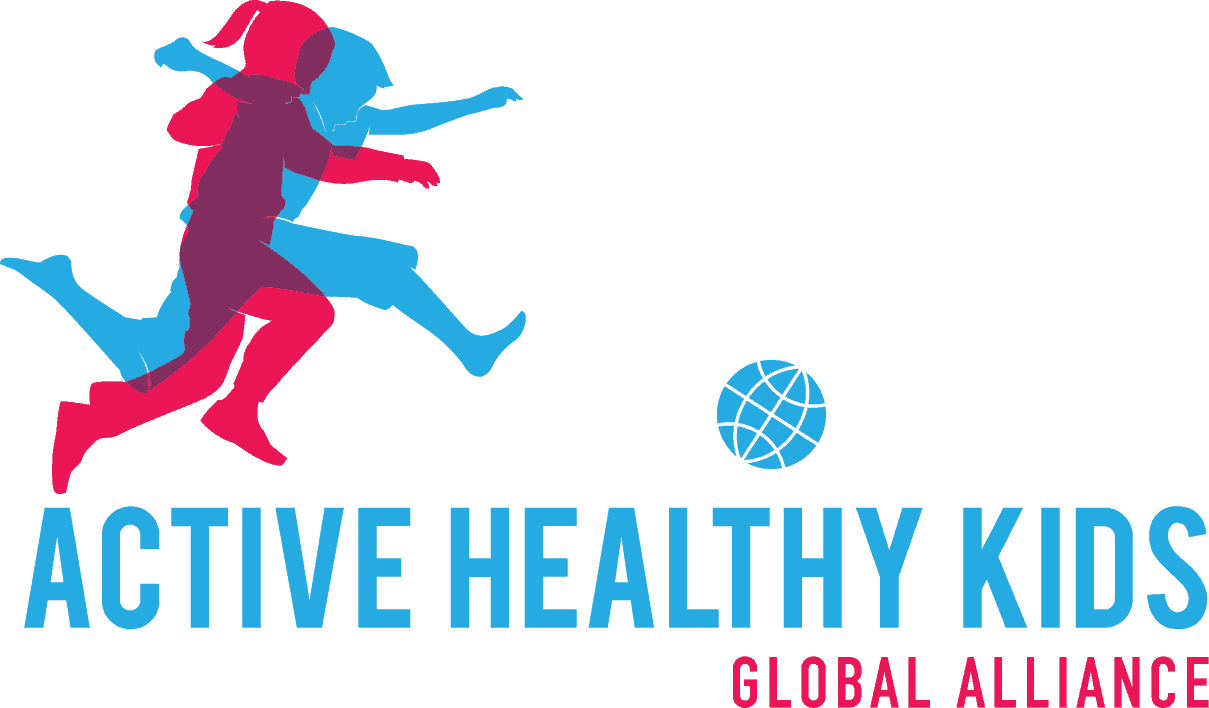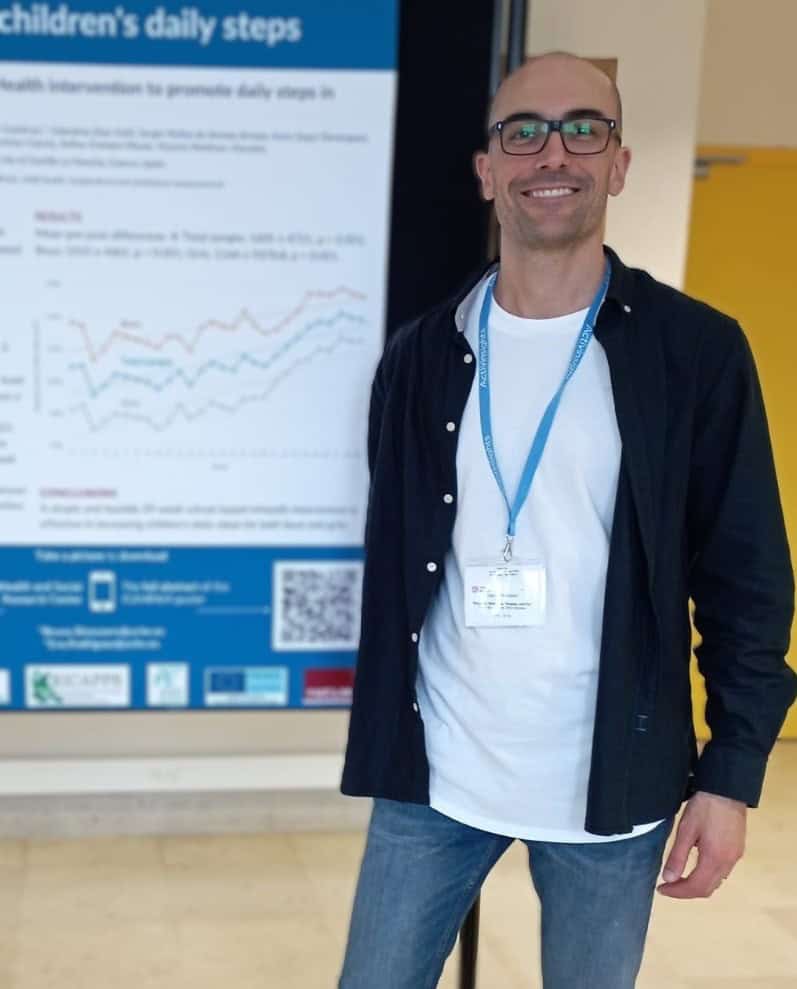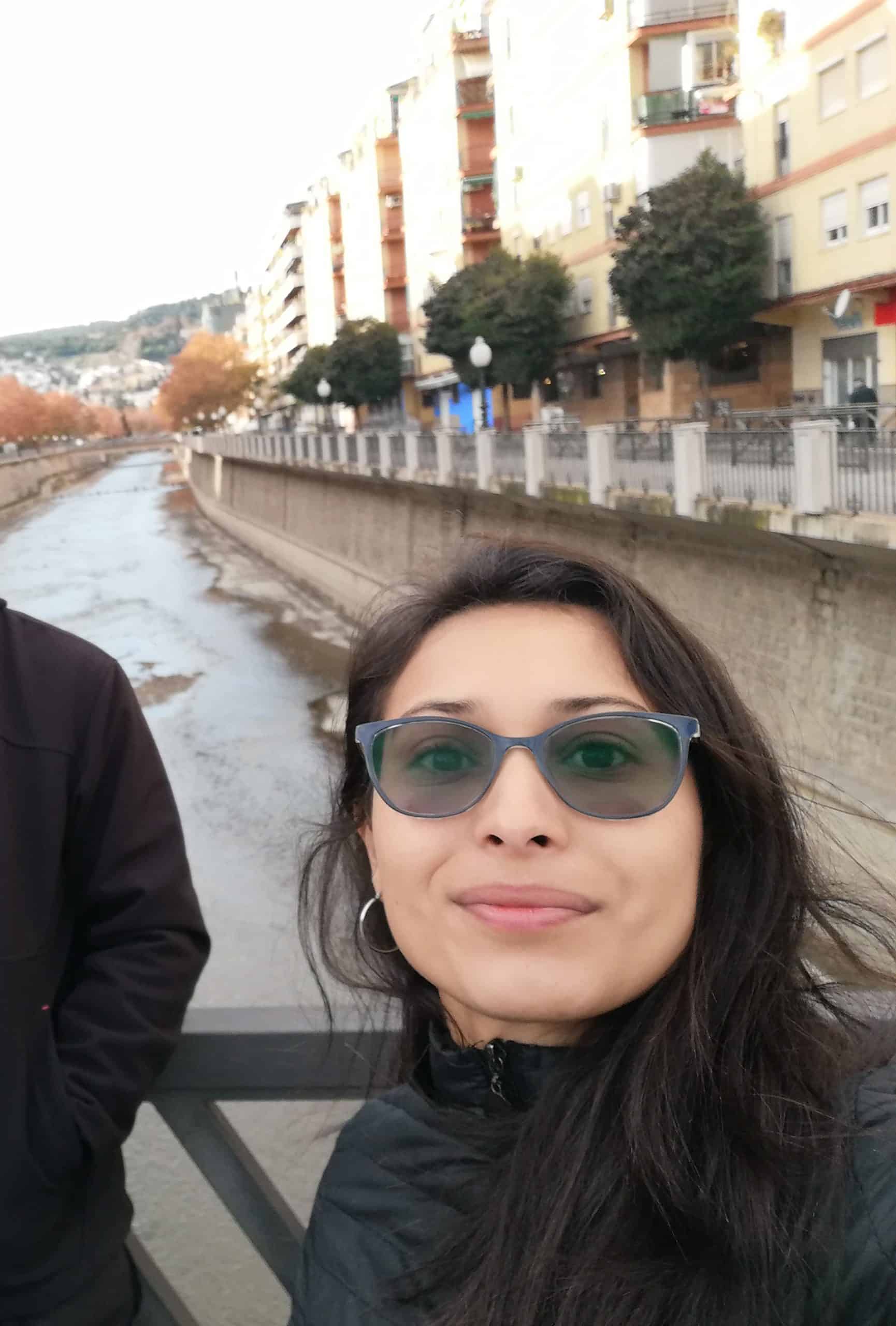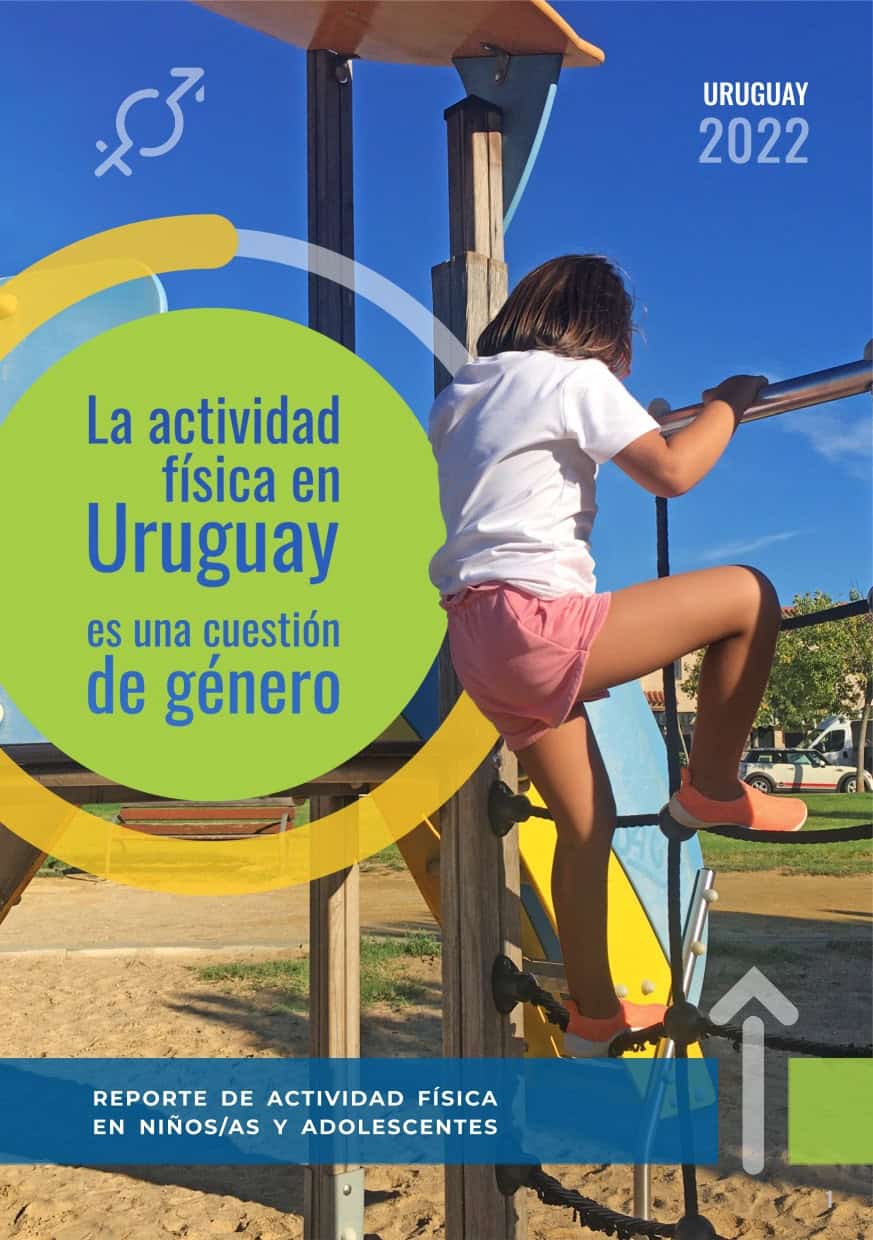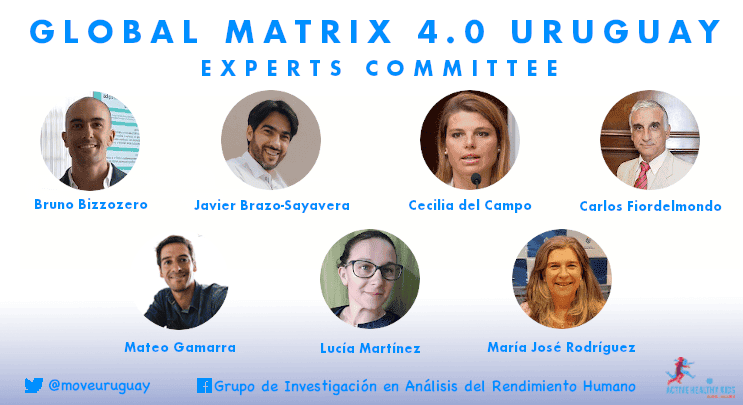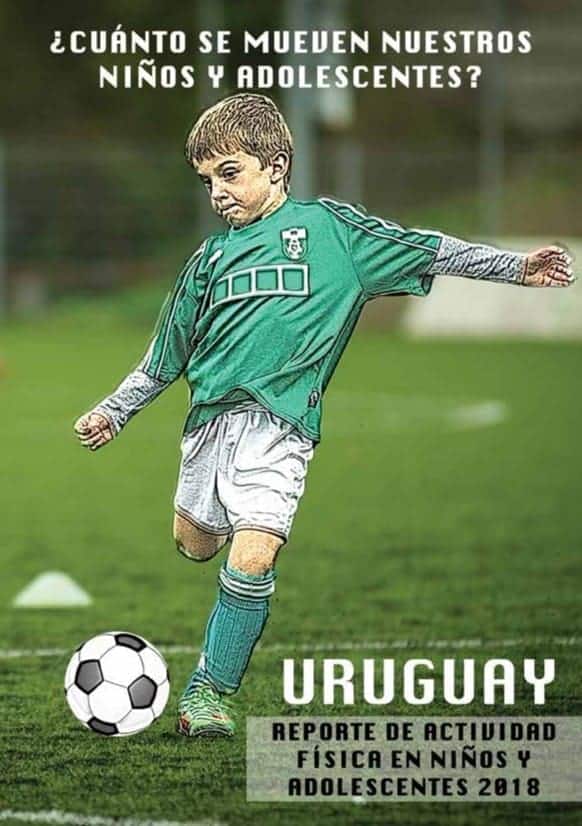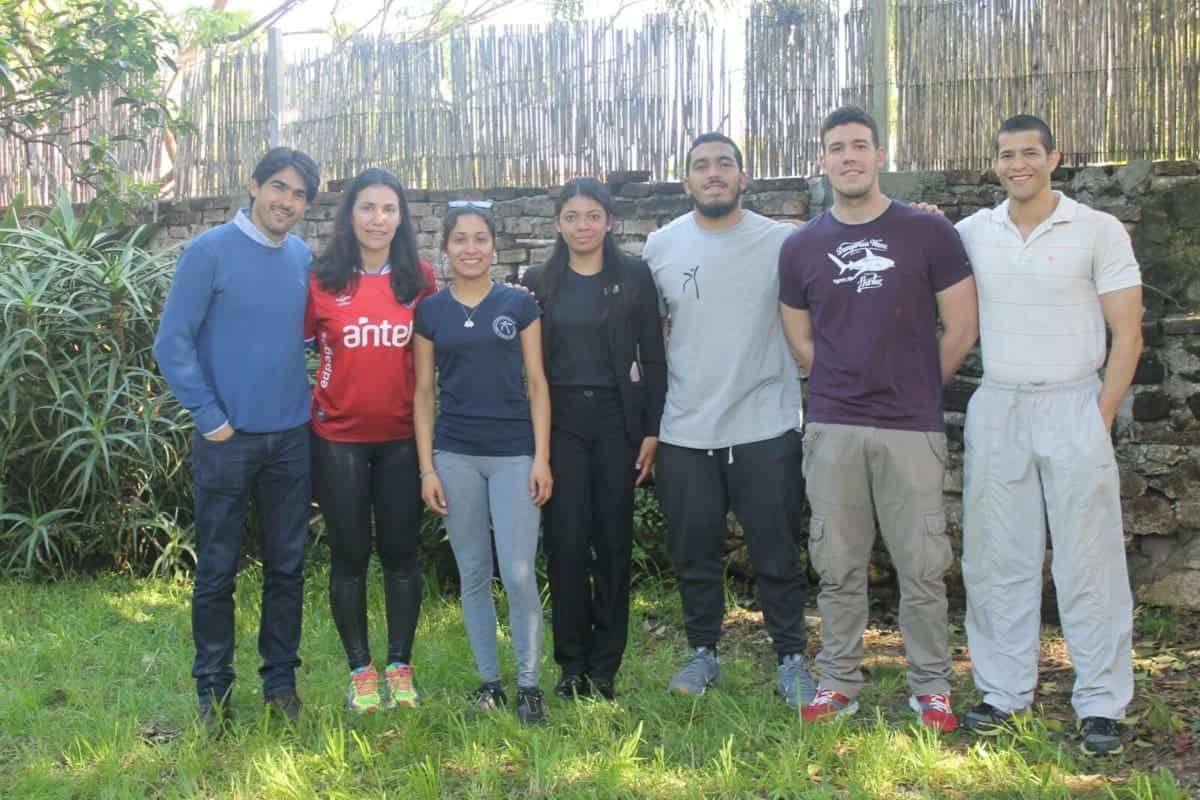
Report Card Leaders
Bruno Bizzozero Peroni, PH.D.
Bruno Bizzozero Peroni holds a bachelor’s degree in physical education from the University of the Republic (Uruguay). He obtained his master’s degree in physical activity and health at the University of Cádiz (Spain) and subsequently completed his PhD in socio-health and physical activity research at the University of Castilla-La Mancha (Spain).
Dr. Bizzozero-Peroni is a postdoctoral researcher at the Health and Social Research Centre, University of Castilla-La Mancha. Additionally, he is an assistant professor at the Higher Institute of Physical Education in the University of the Republic. He is a member of the research groups “Nutrition, Lifestyle and Mental Health” and “Human Performance Analysis” from Spanish and Uruguayan universities, respectively.
Since 2020, he has been engaged in research on physical activity in children and adolescents, acting as Report Card coleader from Uruguay in the Global Matrix 4.0 and contributing to the expert committee.
Sofía Fernández-Giménez, M.Sc.
Sofía Fernández-Giménez has a degree in Physical Education Educational Practices option from the University of the Republic (Uruguay). She has an Official Master’s degree in Research in Physical Education and Sports Sciences from the University of Huelva (Spain). She is currently a PhD student in Physical Activity and Sports Sciences at the Pablo de Olavide University (Spain).
MSc. Fernández-Giménez has been an assistant professor at the Instituto Superior de Educación Física since 2020 and an adjunct professor in the PDU “Physical Education, Health and Quality of Life” at the Northeast Regional University Center since 2022.
She is responsible for the Human Performance Analysis Research Group, which develops projects related to physical activity indicators in Uruguay. She has been involved in physical activity promotion projects, with an emphasis on physical education and sports practice. She participated in the Uruguay Report Card working group in Global Matrix 3.0 and 4.0.
Report Card Grades
- Overall Physical Activity: F
- Organized Sport and Physical Activity: F
- Active Play: INC
- Active Transportation: C
- Sedentary Behavior: D+
- Physical Fitness: INC
- Family and Peers: INC
- School: B+
- Community and Environment: C-
- Government: C*
Related Links
Report Card Leader
Javier Brazo Sayavera, Ph.D.
Javier Brazo-Sayavera has a bachelor in physical activity and sport sciences from University of Extremadura (Spain), a master degree in high performance training from the Autonomous University of Madrid (Spain). He graduated in his PhD also at the University of Extremadura in the field of exercise physiology.
Dr. Brazo-Sayavera has been associate professor at the Universidad de la República in Uruguay since 2017 and currently serves as assistant professor at Universidad Pablo de Olavide in Seville (Spain). He is the director of the research group that develops projects related to physical activity indicators in Uruguay (Research group on human performance analysis).
He has been involved in youth sport and recently started his dedication in the research field. He took part as Report Card leader from Uruguay in the Global Matrix 3.0 and currently serves as director of the communications committee of the AHKGA.
Report Card Team
Report Card Grades
- Overall Physical Activity: D
- Organized Sport and Physical Activity: F
- Active Play: INC
- Active Transportation: C
- Sedentary Behavior: C-
- Physical Fitness: C-
- Family and Peers: INC
- School: C-
- Community and Environment: INC
- Government: D
Related Links
Top Three Priorities
- Improve nutrition in children of all ages, as this will help meeting the requirements for accomplish a good level of physical activity.
- Allocate budget for maintaining the infrastructure in good conditions, eliminating corruption so the budget really reaches the intended use.
- Promote physical activity as a value for good health, using technology and health promotion resources.
Report Card Leader
Report Card Team
Testimonial
"It has been a pleasure and an honor to take part of this great project. Thanks to that participation, Uruguay has established a start point to get children and youth more active. Being part of this project has allowed to connect people and join efforts to achieve the same aim around the world." - Javier Brazo Sayavera, Ph.D.
Conference Abstract: Movement to Move
Report card on physical activity for children and youth in Uruguay
Javier Brazo-Sayavera1,2; Cecilia del Campo3; María José Rodríguez4; Inacio Crochemore Mohnsam da Silva5,6; Eugenio Merellano-Navarro7; Pedro R. Olivares7
1Polo de Desarrollo Universitario EFISAL, Universidad de la República, Rivera, Uruguay.
2Instituto Superior de Educación Física, Universidad de la República, Rivera, Uruguay.
3Comisión Honoraria para la Salud Cardiovascular, Presidencia de la Nación, Montevideo, Uruguay.
4Área programática Enfermedades No Transmisibles, Ministerio de Salud Pública, Montevideo, Uruguay.
5Postgraduate Program in Physical Education, University of Pelotas, Pelotas, Brazil.
6Postgraduate Program in Epidemiology, University of Pelotas, Pelotas, Brazil.
7School of pedagogy, Universidad Autónoma de Chile, Talca, Chile.
Introduction
The interest in developing strategies to prevent noncommunicable diseases has experimented an increase in Uruguay. These strategies could start with prevention programs during the childhood and adolescence. To implement policies in this field it is necessary to have available information on the level of practice as well as a surveillance system. Thus, Uruguay was enrolled in the Global Matrix 3.0 with the aim of identifying opportunities to study and enhance data on this topic, as well as creating its first report card on physical activity among children and adolescents.
Methods
The Uruguay’s 2018 Report Card included the 10 core physical activity indicators that are common to the Global Matrix 3.0 (Overall Physical Activity, Organized Sport Participation, Active Play, Active Transportation, Sedentary Behavior, Physical Fitness, Family and Peers, School, Community and Environment, Government Strategies and Investments). Each of these 10 indicators belongs to 1 of 3 categories: Daily Behaviors, Settings and Sources of Influence, and Strategies and Investments.
The Report Card synthesized data from multiple sources to inform the 10 indicator grades. The data sources relied upon most heavily were the Global School-based Student Health Survey (2012 GSHS, World Health Organization), scientific papers from national journals and grey literature such as government and nongovernment reports and online content.
Results
| Indicator | Grade |
| Overall Physical Activity | D |
| Organized Sport Participation | F |
| Active Play | INC |
| Active Transportation | C |
| Sedentary Behaviours | C- |
| Physical Fitness | C- |
| Family and Peers | INC |
| School | C- |
| Community and Environment | INC |
| Government | D |
Conclusions/recommendations
Uruguay has created its first report card on physical activity in children and adolescents, reporting about 10 indicators related to factors that influence the physical activity in this population. The grades reported ranged from D to C, except “Organized Sport Participation” that was assigned a grade of “F”. Nevertheless, other three indicators were incomplete, being evident the lack of information. Therefore, a better-coordinated approach between government and academy is required in the future.
Acknowledgments
Authors thank the Universidad de la República for financing this project.
